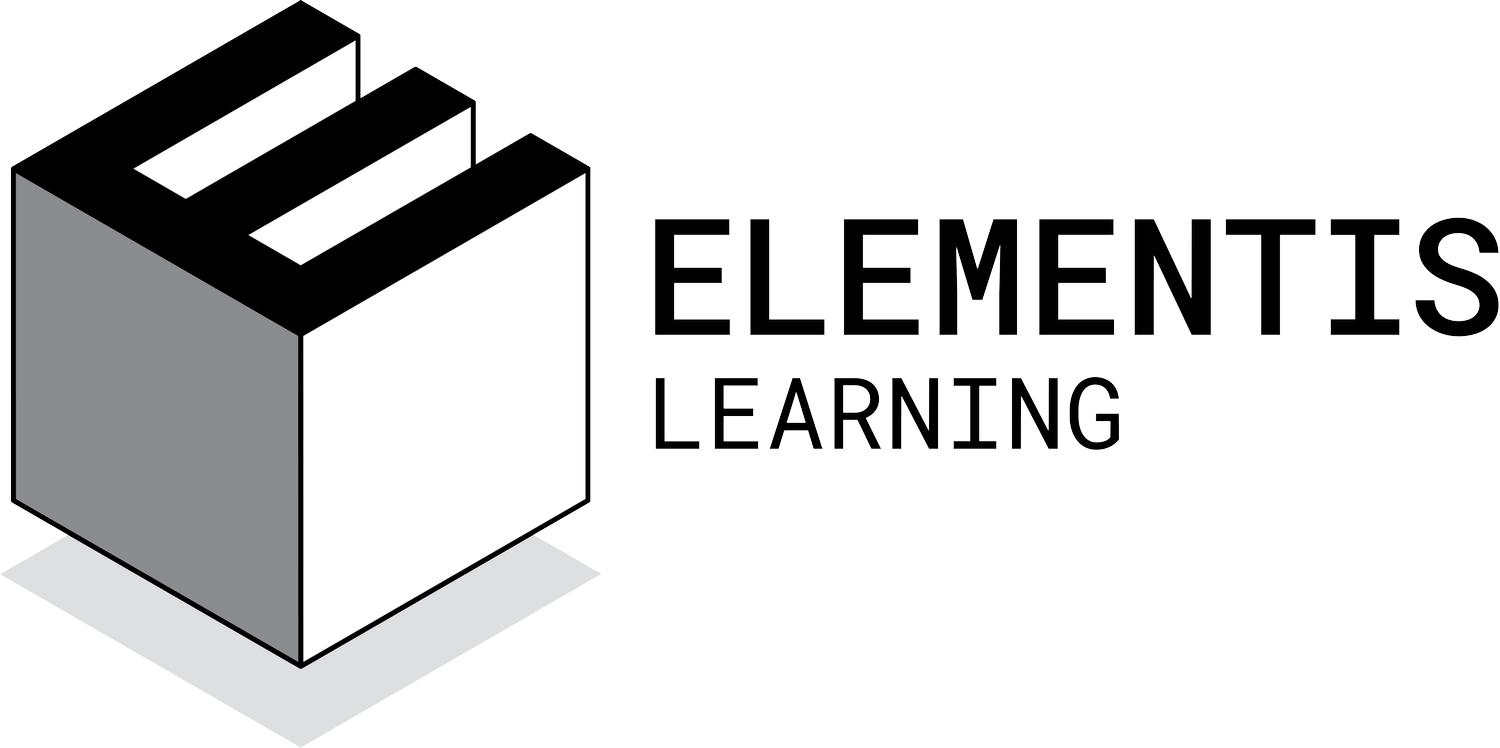My Approach
I take a holistic approach to teaching, one that encompasses subject matter (knowing), its application to solving problems (doing), and the executive functioning capabilities needed to get the work done in the first place (managing).
Teach the Right Thing
I teach math and mathematical problem solving, first and foremost. The subject matter I cover adheres to the following principles:
ALIGN with either the CA state common core standards and whatever curriculum the student is pursuing in school
AUGMENT those standards and curriculum with additional material(s) where it makes sense (e.g., to provide deeper understanding in order to improve foundations)
ADDRESS gaps relative to common core and school curriculum, based on heuristic and objective diagnostic evaluation (see Evaluation below)
In addition to these subject-matter-related principles, I also pay specific attention to the following:
Systematic thinking
Understanding of terminology (see Evaluation below)
Pattern recognition in problem-solving
Communication of ideas – verbally, visually, and/or with mathematical formalism
Teach the Thing Right
Every learner is different, and it would be ideal if every learning program could be perfectly tailored to each student’s needs and abilities. Unfortunately, teachers at schools are put in the difficult position of trying to address different learning styles, while also trying to navigate the varying levels of skill and knowledge in their classrooms.
At Elementis Learning, I can adjust our teaching style and content to individual students, because I teach in a highly personal, one-on-one setting. It’s not a one-size-fits-all approach to teaching, and I do my best to:
Observe, adapt, and refine: Listen to students and watch how they behave when it comes to math and problem solving, adapt to their style, and iteratively refine my approach based on what works and what doesn’t
Show empathy and kindness: Kids are people, too, and it’s critical to put oneself in their shoes when it comes to learning math. As it’s traditionally taught, and more widely in popular culture, math can be seen as hard and unforgiving. It can be intimidating. With this in mind, patience, empathy and kindness are key in order to complement the rigors of mathematics.
Emphasize the importance of mistakes: Real learning happens when we reach the boundaries of our knowledge and skills and push beyond them. An essential element of this learning process is making mistakes. By breaking apart mistakes and the thinking that leads to them, students can reach new levels of confidence and understanding. They can also learn how to show compassion for themselves, forgiving the mistakes they make and moving on, rather than dwelling on them in counterproductive ways.
Evaluation
How can you tell where there are gaps in a student’s skills and knowledge? How can you assess improvement over time? What’s the gold standard for measurement? Unfortunately, there is none, for many of the reasons outlined above.
Based on the variability in the skills, knowledge and learning styles of kids, I take a broader view of evaluation:
Objective measures and the rubber-band standard: Tests, tests and more tests. It’s part of learning math, made attractive by the fact that there are right and wrong answers when it comes to sufficiently well-defined math problems. I’m happy to provide quantitative evaluation, customized to the situation, if that’s aligned with your student’s goals and your desire to see a more concrete measure of progress.
Subjective evaluations: The complement to objective tests is a subjective assessment of how the student feels over time, which can include measures of “soft” skills like: confidence, level of engagement and focus, management of frustration and other negative feelings, ability to communicate ideas and thinking processes effectively.
Mastery of the math shibboleth: Vocabulary can be one of the biggest barriers to learning and understanding math. An assessment of vocabulary can be both objective and subjective, since some mathematical terms resist simple definition. A student has to be able to talk about math in order to learn it and do it, and assessing this foundational vocabulary is a cornerstone of my approach to evaluation.

